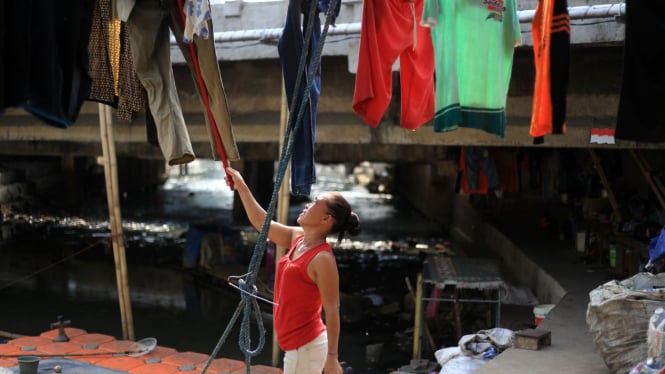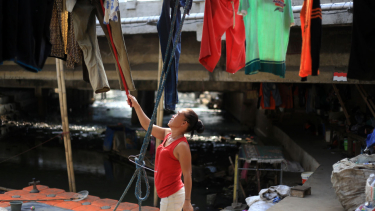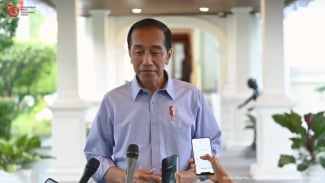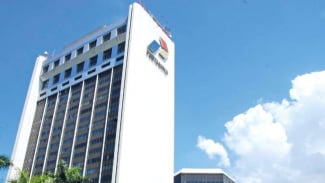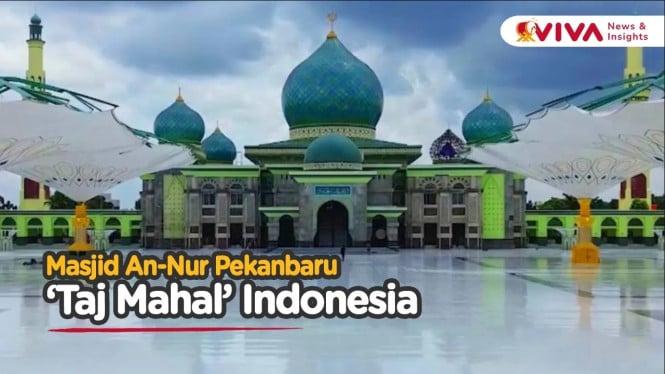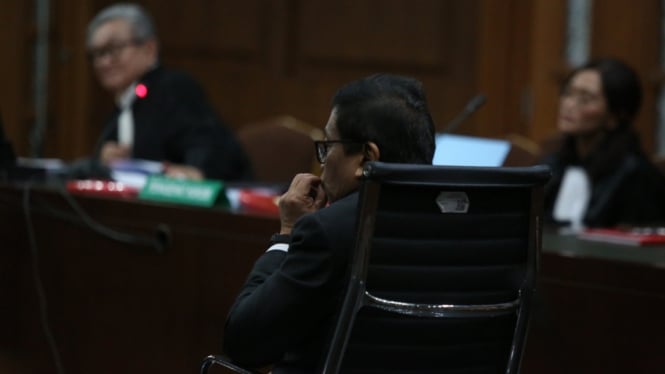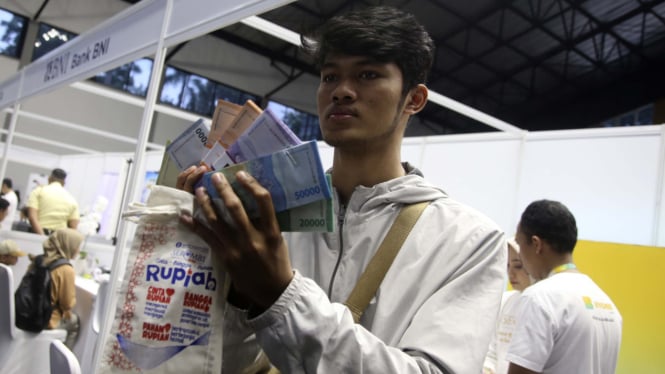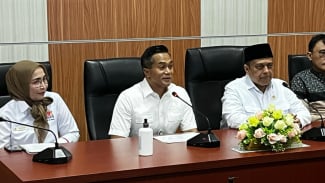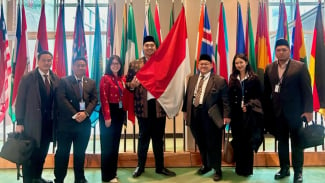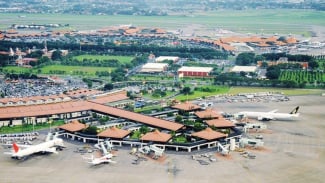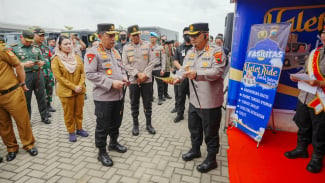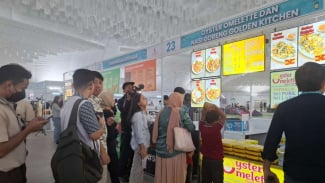How Indonesia Tackled Extreme Poverty and Economic Challenges
- VIVA.co.id/Anhar Rizki Affandi
Jakarta, VIVA – In the past decade, Indonesia under President Joko Widodo's leadership has made significant strides in reducing poverty, with the rate dropping to around 9% and extreme poverty to 0.83%.
Deputy for Macroeconomic and Financial Coordination at the Coordinating Ministry for Economic Affairs, Ferry Irawan, credited government policies as key to maintaining economic stability and significantly lowering poverty levels.
“In 2014, the poverty rate was about 11%, but by 2024, it has dropped to around 9%. Extreme poverty, which was initially at 6%, has fallen to 0.83%,” he said during the ‘One Decade of Building an Advanced Indonesia’ forum on September 9.
He highlighted the challenges Indonesia faced, including the global economic slowdown, the U.S.-China trade war, and the COVID-19 pandemic, which affected domestic consumption and employment.
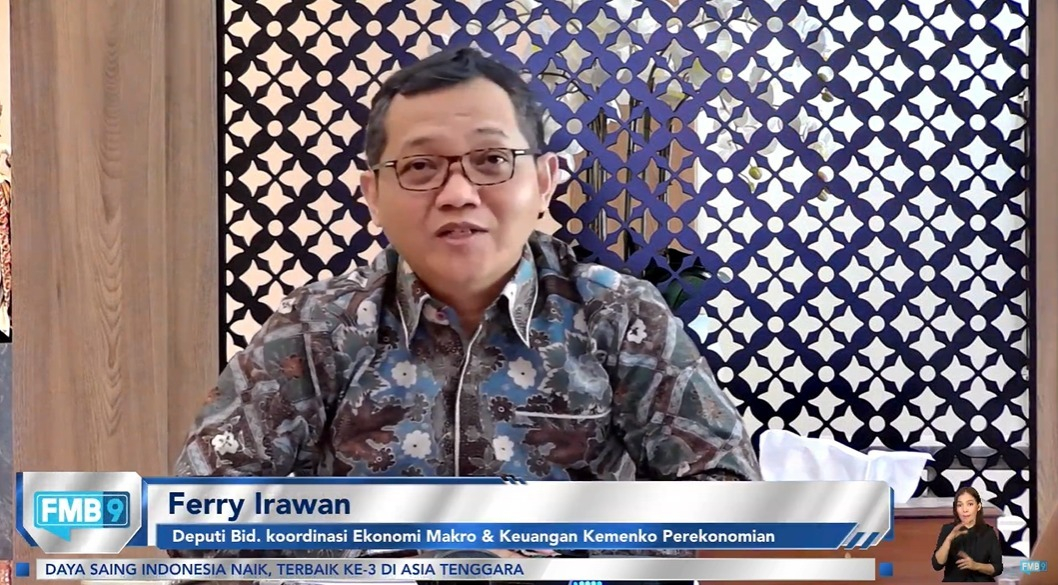
The government’s poverty reduction strategy was built on three pillars. First, maintaining household purchasing power, especially for lower-income groups, through social assistance programs like food aid and direct cash transfers.
“During the peak of the pandemic in 2020, when poverty spiked, the government ramped up social and economic empowerment programs to preserve household purchasing power,” Ferry explained.
Second, economic empowerment programs targeted at increasing incomes, such as support for micro, small, and medium enterprises (MSMEs) and food security initiatives.
Lastly, infrastructure development aimed at boosting economic access, such as toll roads and digital connectivity, has played a crucial role in improving economic opportunities in remote areas.
The government’s commitment to supporting MSMEs, which account for over 60% of GDP, remains vital. According to R.S. Hanung Harimba Rachman from the Ministry of Cooperatives and SMEs, efforts include providing low-interest loans and expanding digital access for MSMEs to compete in an increasingly competitive market.
"We encourage MSMEs to enter the digital space where they can access financial programs more efficiently,” he said.


